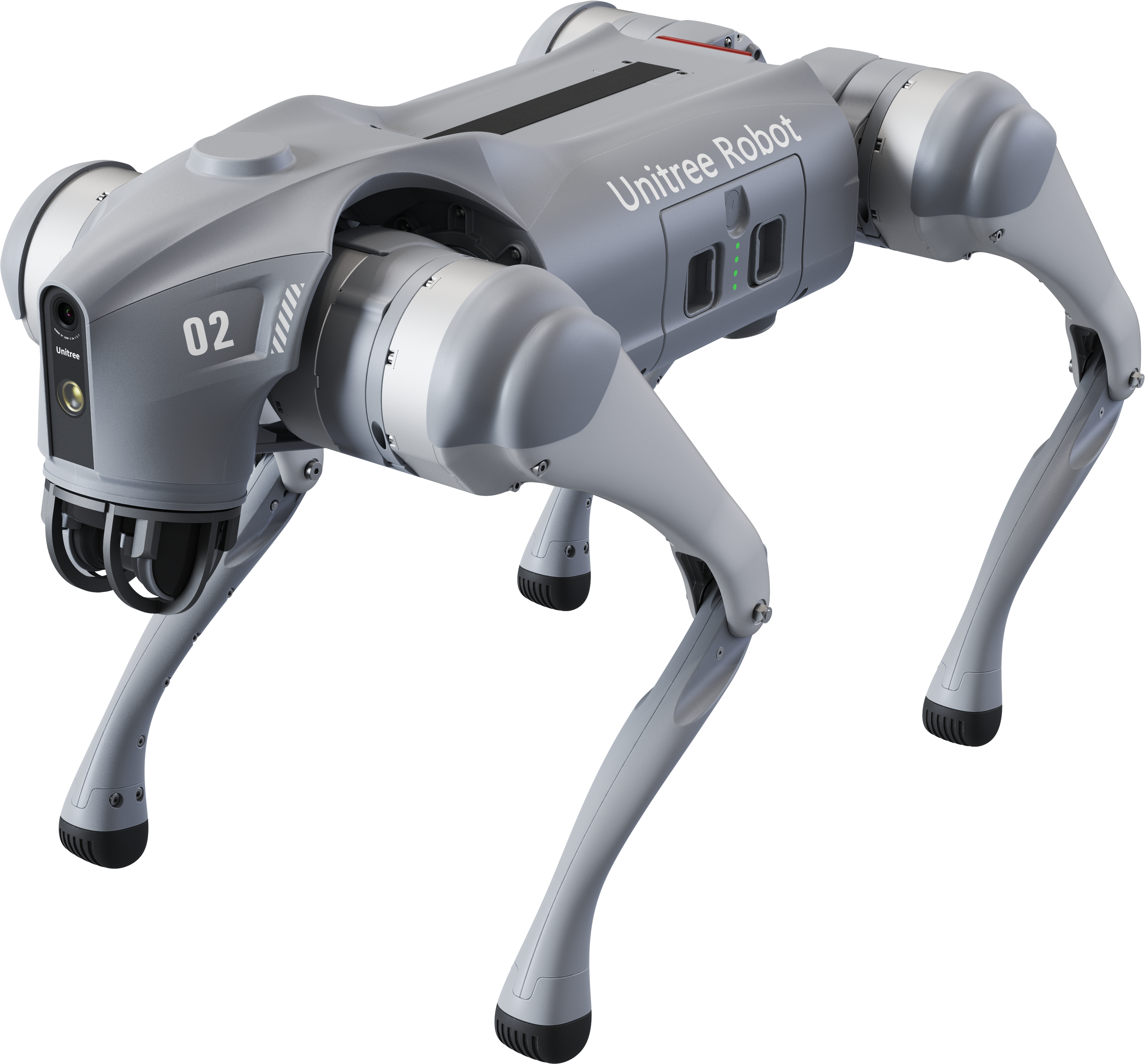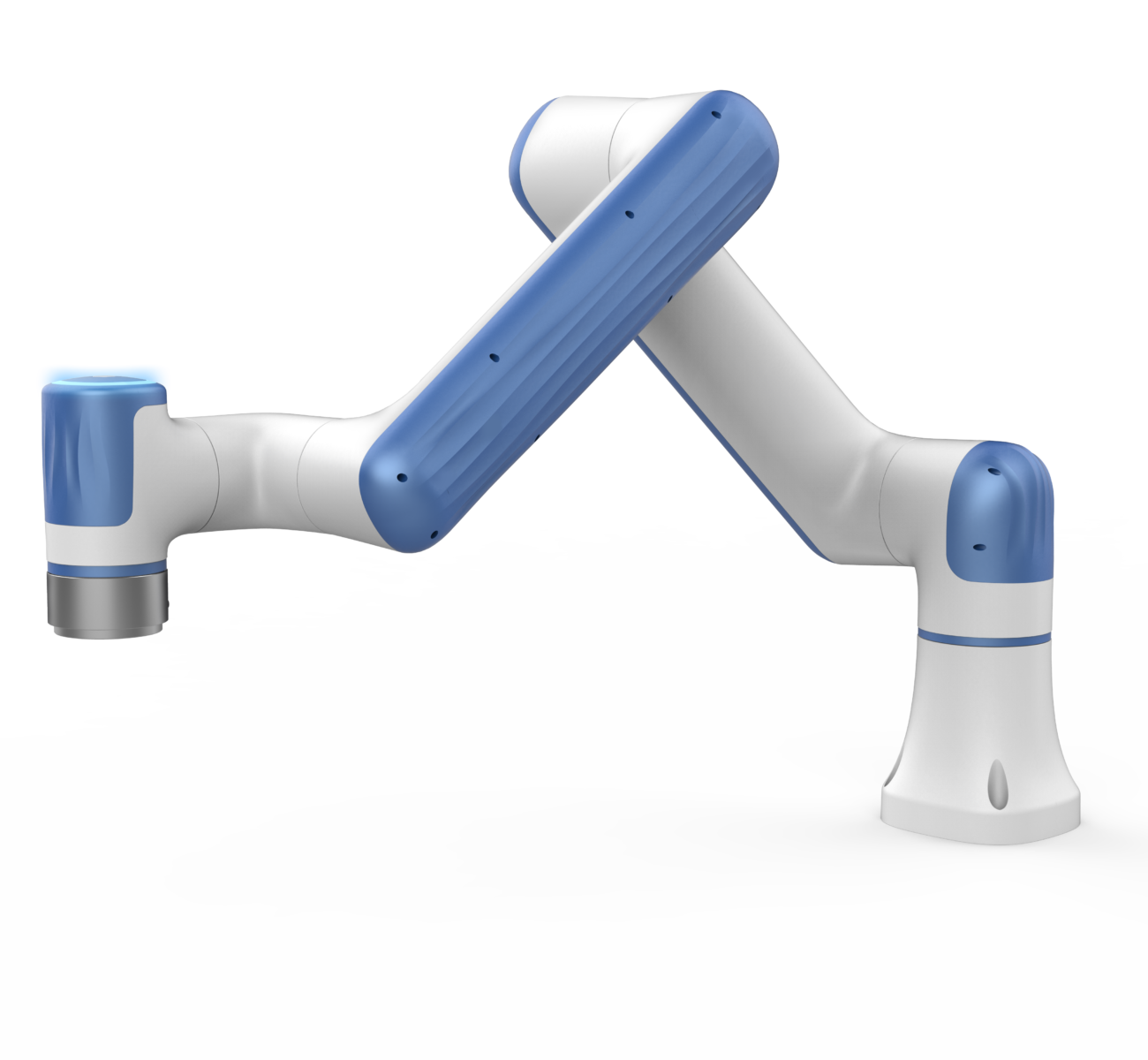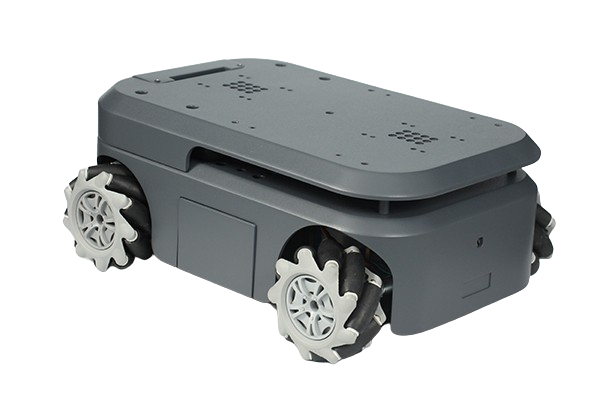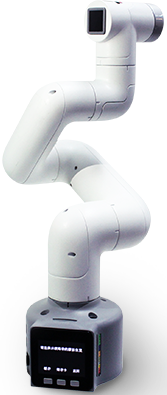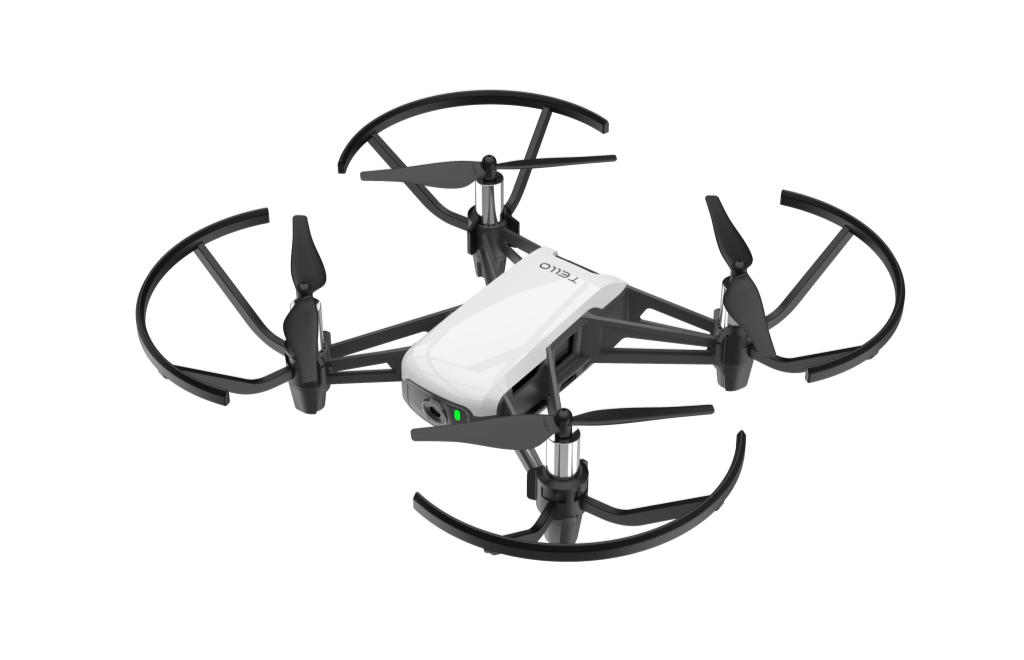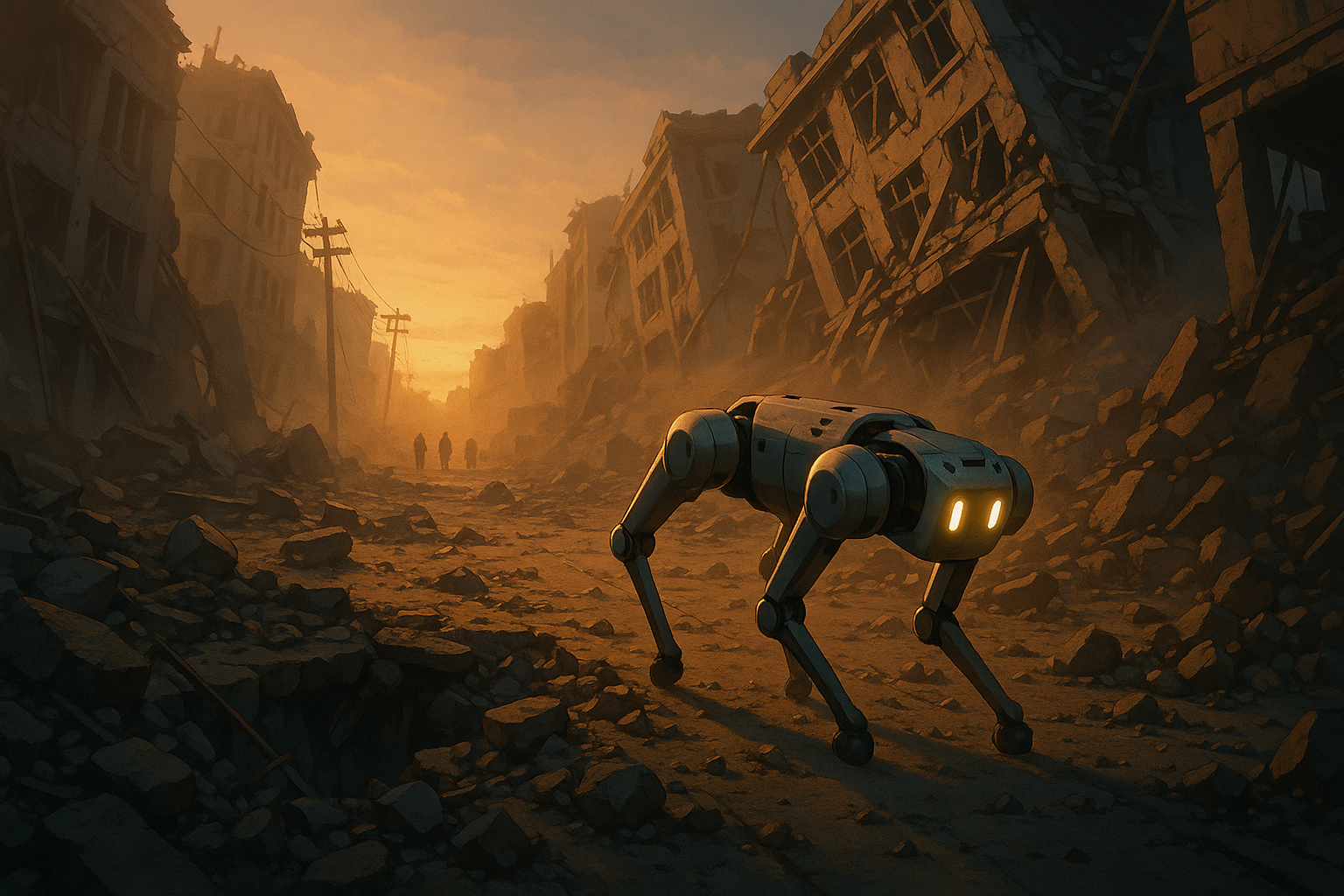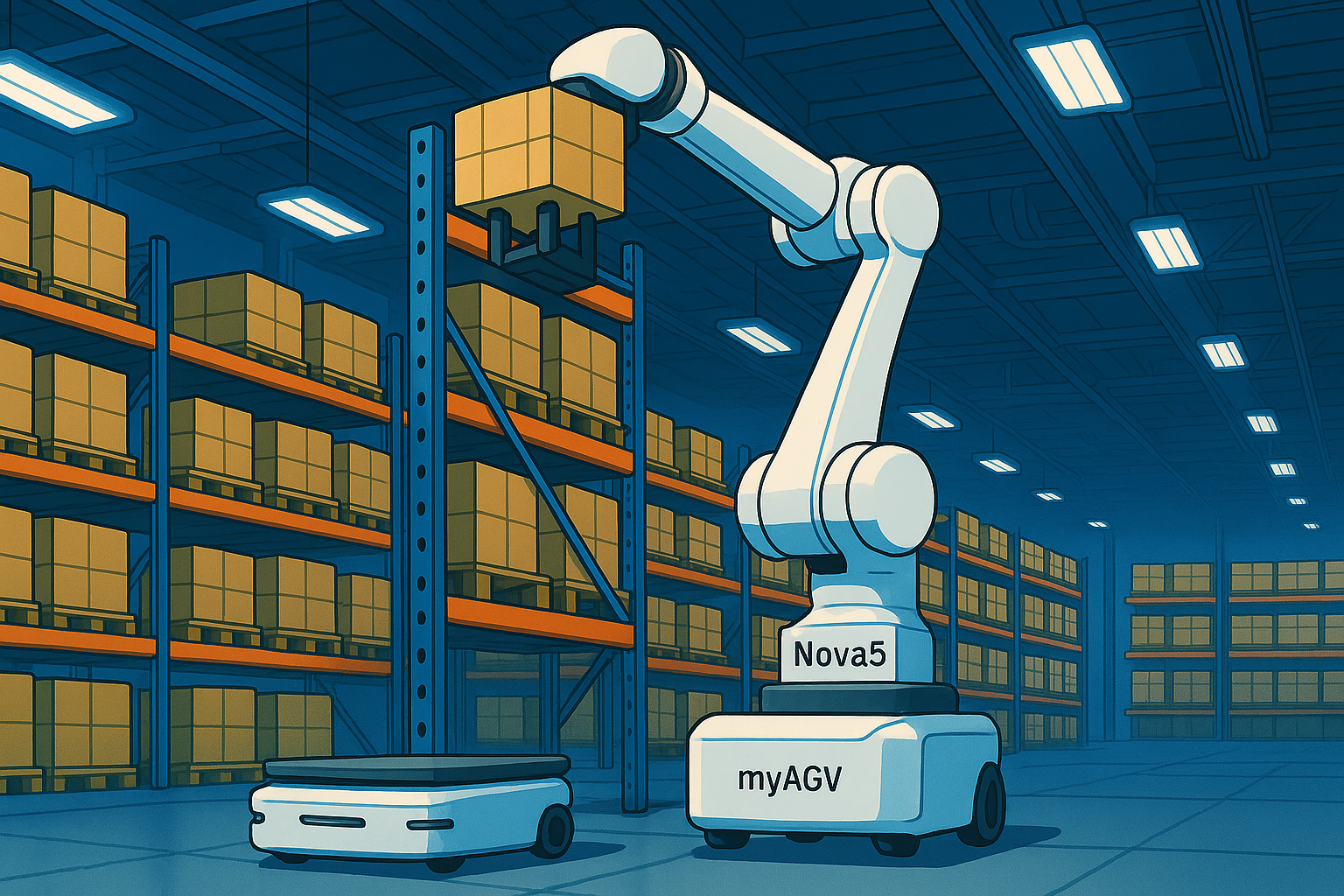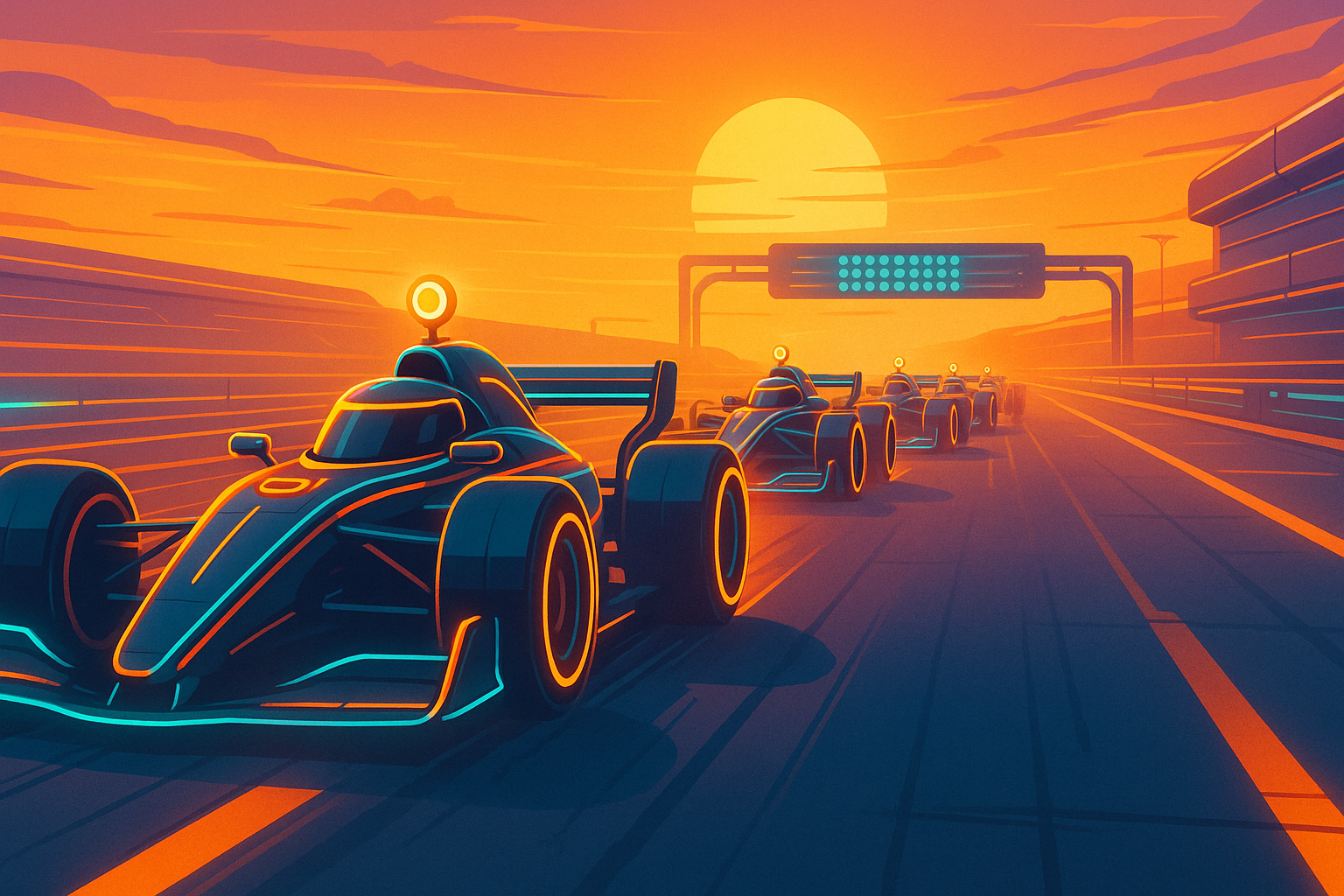Unitree Go2
The Unitree Go2 is a research-grade quadruped robot capable of reaching speeds up to 3.7 m/s, climbing ramps up to 40°, and stepping over 16 cm obstacles. It integrates 4D LiDAR, high-definition cameras, and foot-end force sensors for real-time perception. The robot includes an 8-core processor and support for NVIDIA Orin NX 16GB modules. The robot operates for up to 4 hours on a 15,000 mAh smart battery and includes standard connectivity options such as Ethernet, USB, and SBUS. Go2 provides full SDK access with ROS 2 compatibility and is suitable for learning-based control, especially RL.
